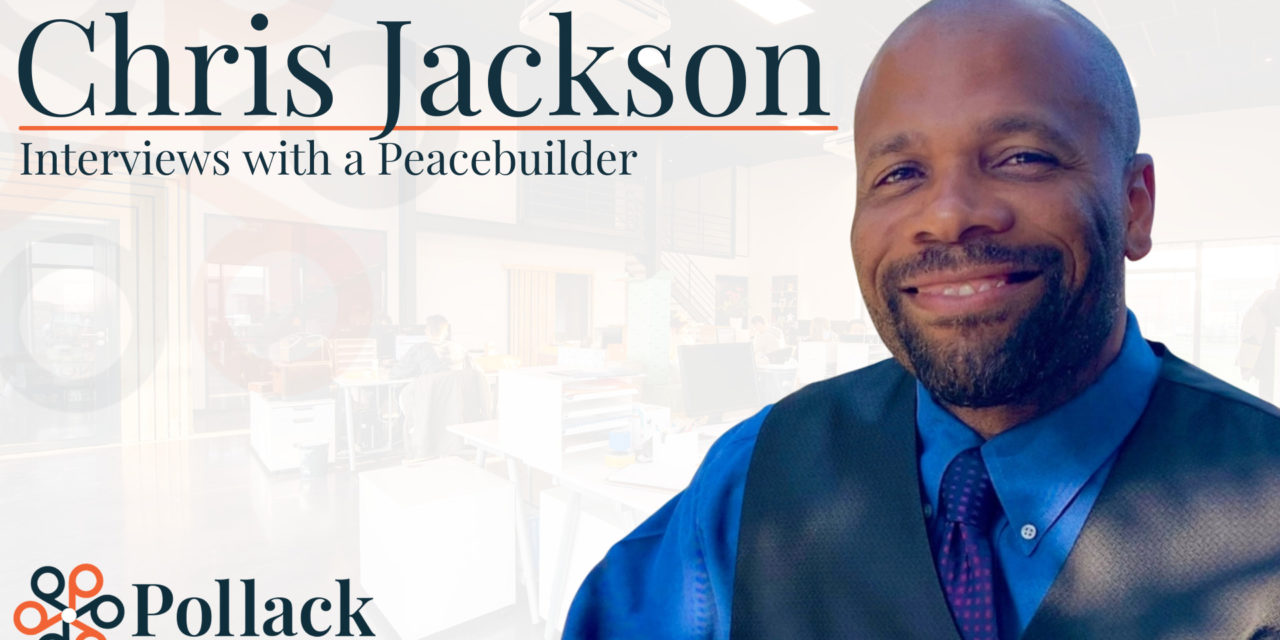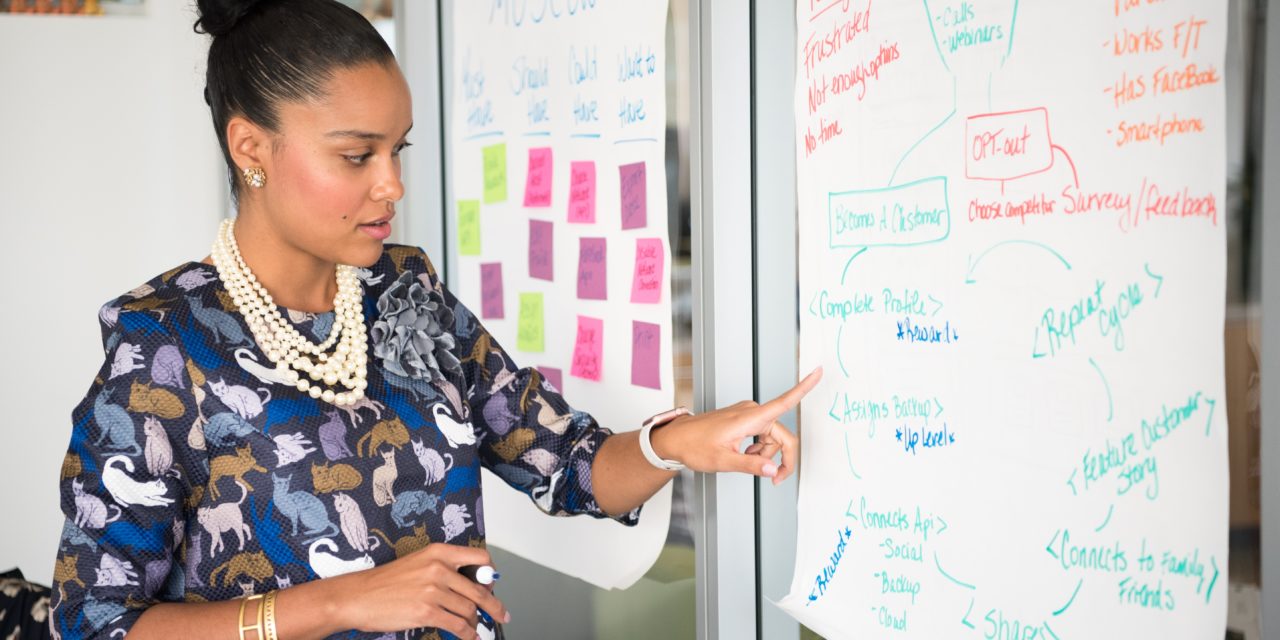
Research Examines the Role of Human Resource Managers in Workplace Conflict
Summary of: Roper, I., & Higgins, P. (2020). Hidden in plain sight? The human resource management practitioner’s role in dealing with workplace conflict as a source of organisational–professional power. Hum Resour Manag Journal, 30. 508–524. https://onlinelibrary.wiley.com/doi/10.1111/1748-8583.12311 Background & Theory In this research paper, researchers in England review the importance of human resources roles in organizations from both an...









